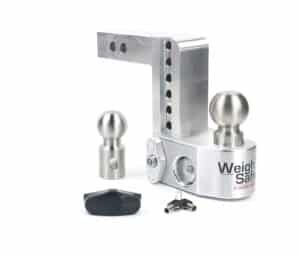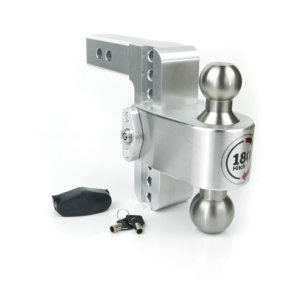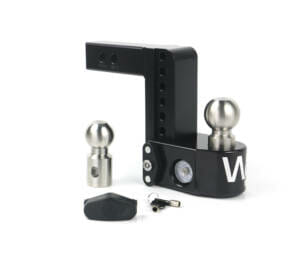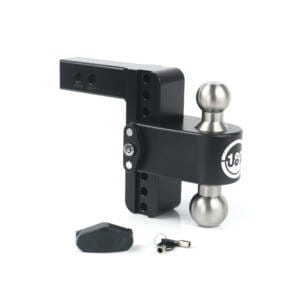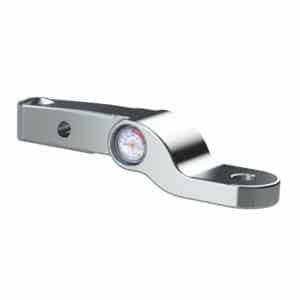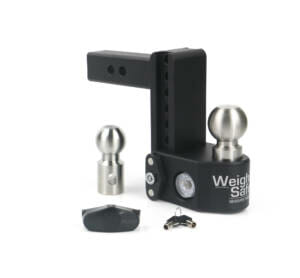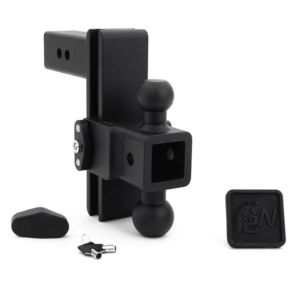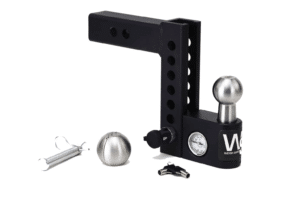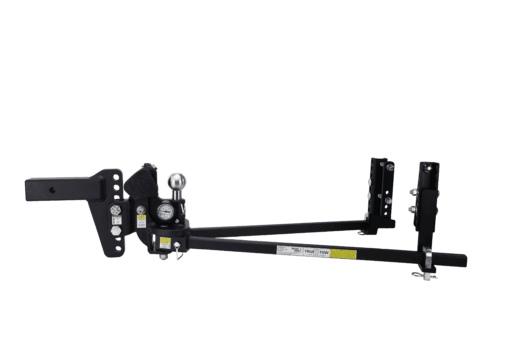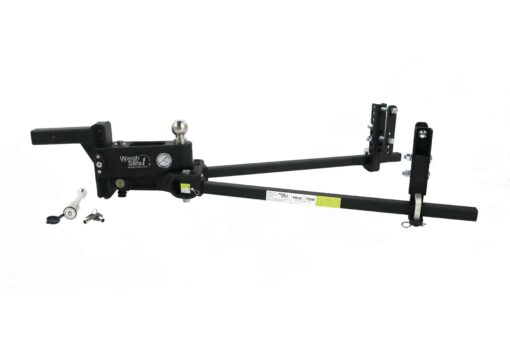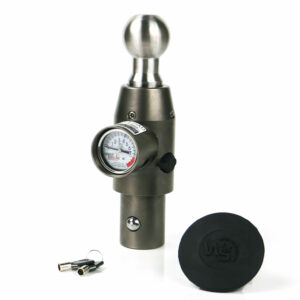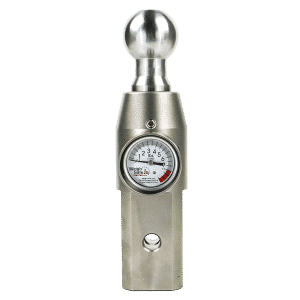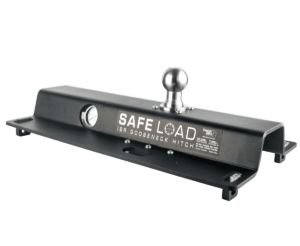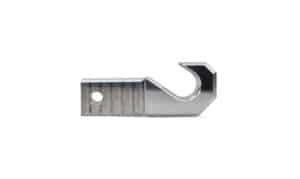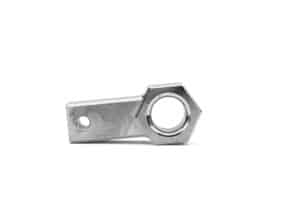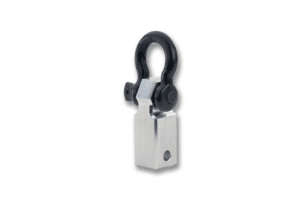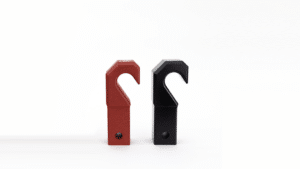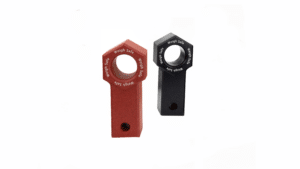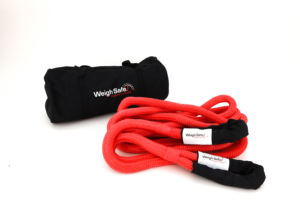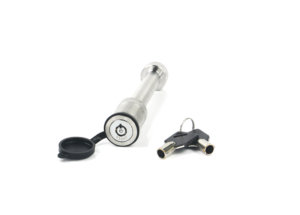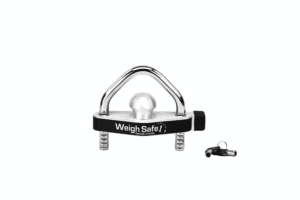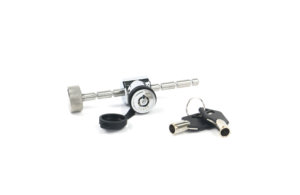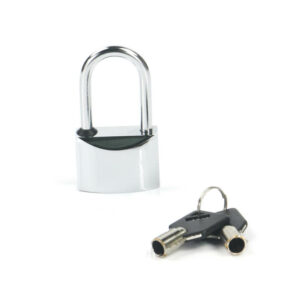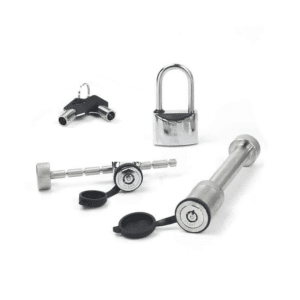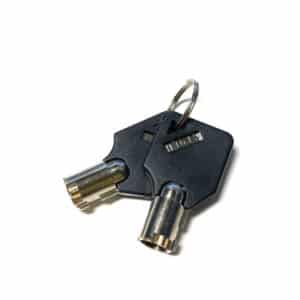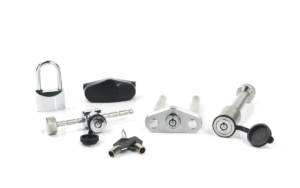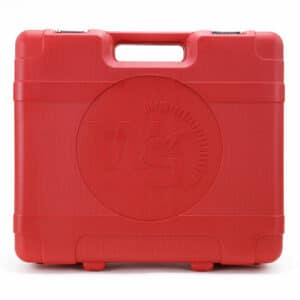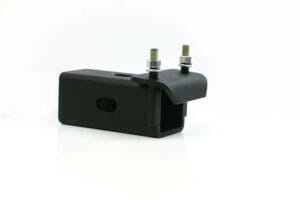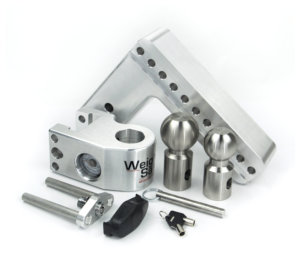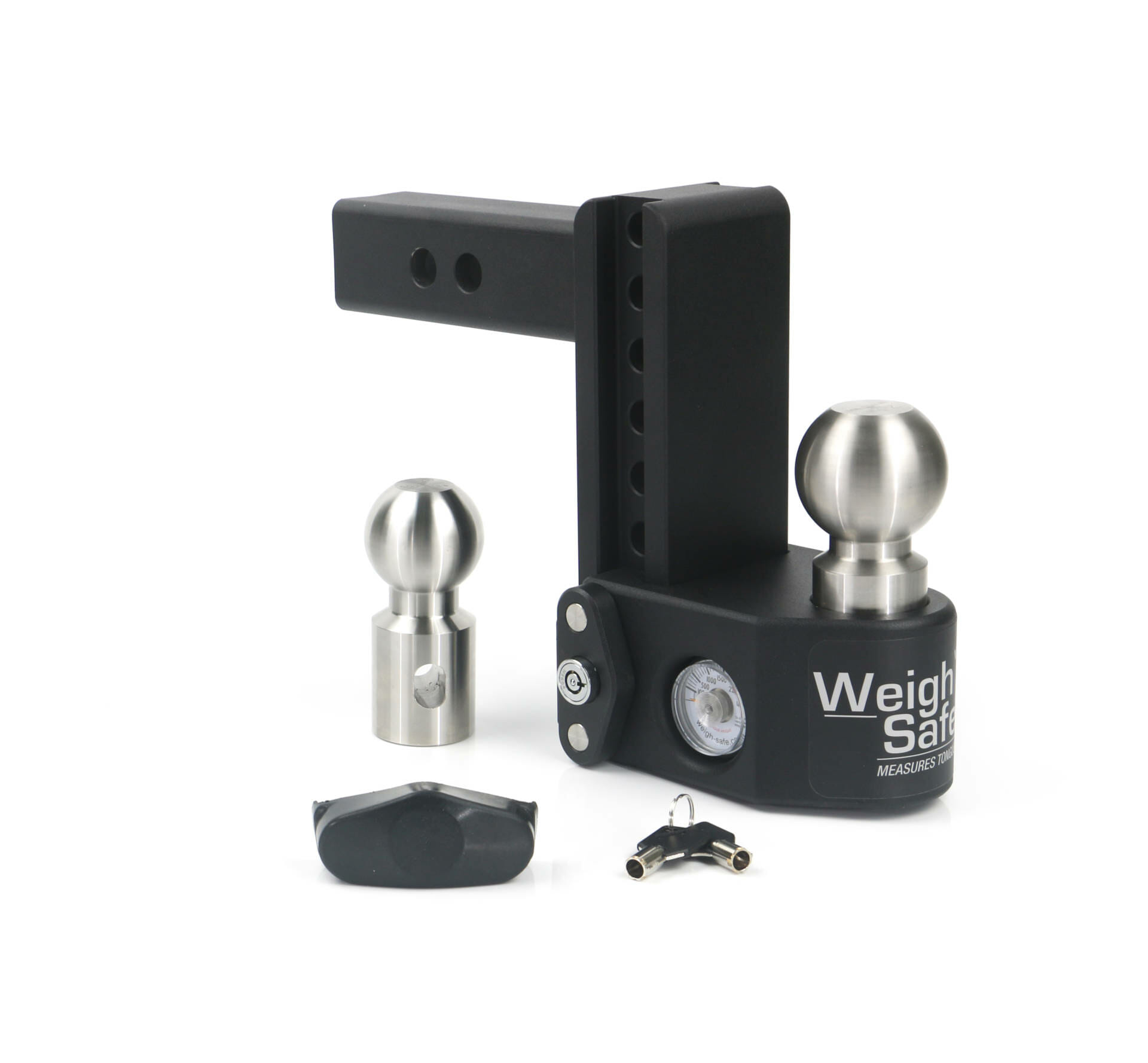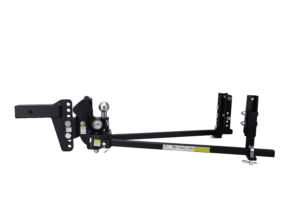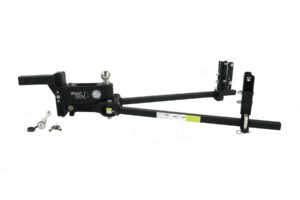Towing Education
Safety in Tow: Unveiling the Secrets of Skillful Towing Through Practice
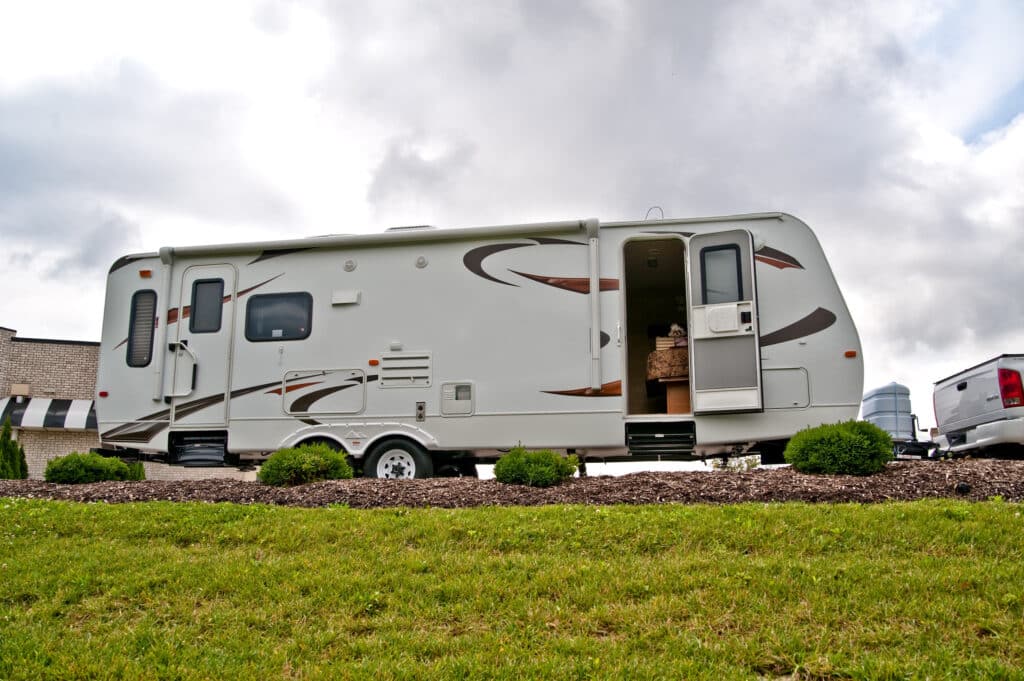
Towing can be a daunting task for newcomers, and the last thing you want is to find yourself in a challenging situation on the road without the necessary skills. Whether you’re towing a trailer for recreational purposes or hauling a load for work, practicing in a safe and open area before hitting the road is a crucial step to ensure a smooth and stress-free towing experience.
For more information on Towing a trailer: What You Need to Know about Trailer Brakes
The Importance of Practice:
Towing involves more than just hitching a trailer to your vehicle; it requires a keen understanding of how your vehicle behaves under the additional weight. Practice sessions provide an opportunity to familiarize yourself with the nuances of towing, such as the impact on braking distance, acceleration, and overall handling.
1. Understanding Your Vehicle’s Limits:
Every vehicle has its towing capacity, and exceeding this limit can lead to safety hazards. Before embarking on a journey, it’s crucial to understand your vehicle’s towing specifications and practice within those limits. A safe and open area allows you to experiment with different loads, helping you gauge your vehicle’s performance under various conditions.
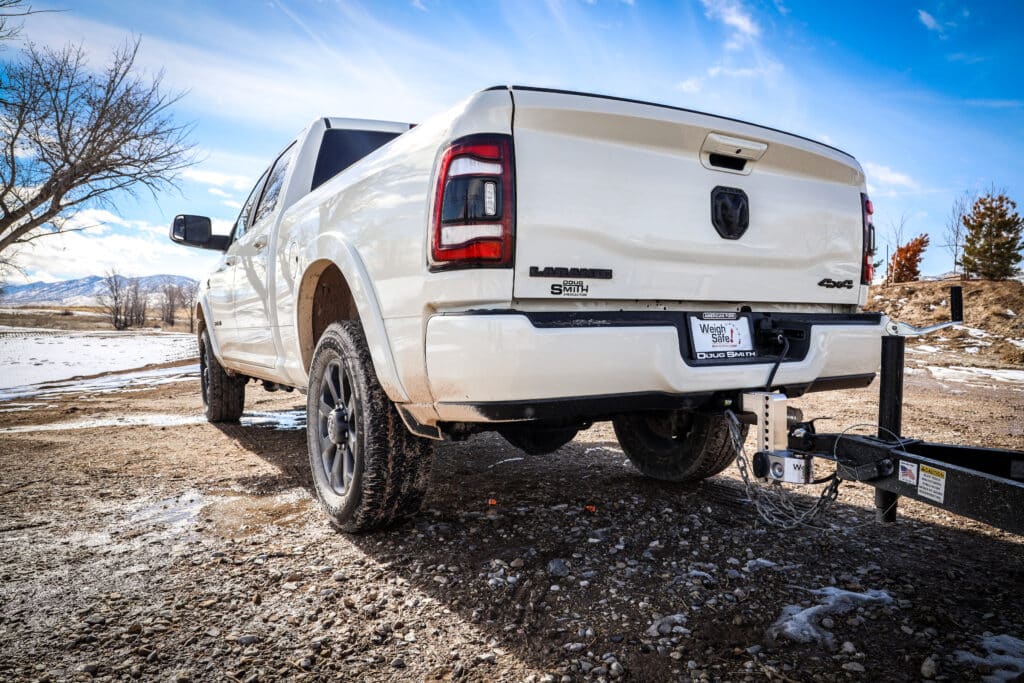
2. Hitching and Unhitching:
Properly securing your trailer to your vehicle is a fundamental aspect of towing safety. Practice sessions offer a controlled environment to master the art of hitching and unhitching, ensuring that you can confidently and securely attach and detach the trailer without complications.
Click here to buy weigh-safe hitches3. Turning and Maneuvering:
Towing changes the dynamics of your vehicle, especially when it comes to turning and maneuvering. In an open space, you can practice making turns of different angles, backing up, and navigating tight spaces. This hands-on experience will boost your confidence when faced with similar scenarios on the road.
4. Braking Techniques:
Towing adds weight to your vehicle, affecting its braking capabilities. Learning how to brake safely and efficiently is crucial for avoiding accidents. Practice sessions allow you to understand the increased stopping distance required when towing, helping you develop a feel for how your vehicle responds under various braking conditions.
5. Emergency Situations:
No one wants to think about emergencies, but being prepared is essential. In a safe and open area, you can simulate emergency situations, such as sudden stops or swerving, to understand how your vehicle and trailer will react. This knowledge can be invaluable when faced with real-life challenges on the road.
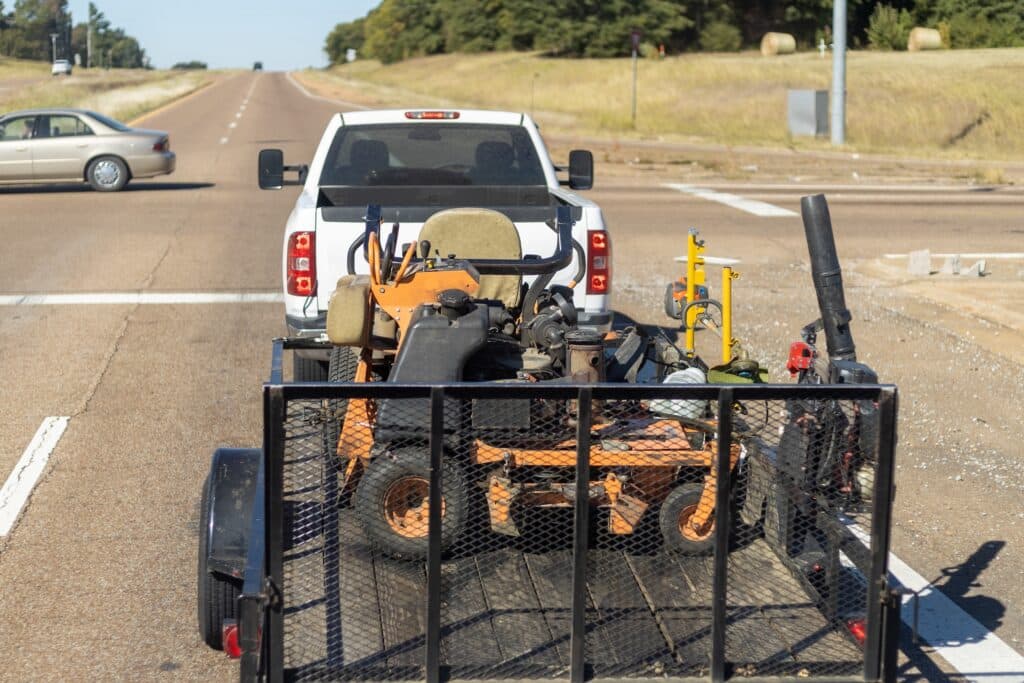
In the world of towing, practice truly makes perfect. Before embarking on your first towing adventure, take the time to familiarize yourself with the ins and outs of towing in a safe and open area. By honing your skills and gaining confidence in a controlled environment, you’ll be better equipped to handle the challenges of towing on the open road, ensuring a safer and more enjoyable experience for both you and those sharing the road with you.
